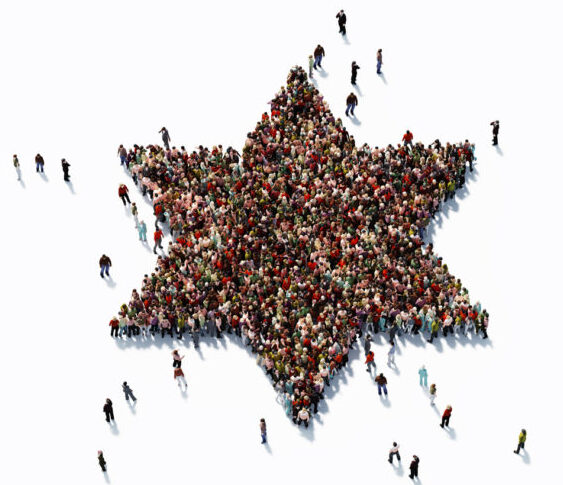Perhaps the greatest tension in Judaism is between its universalism and its particularism. Is Judaism meant primarily for its own people, or does it carry a message for all nations? Do Jews have a unique obligation to protect and prioritize each other, or are there values that cut across all boundaries and traditions? This dynamic undergirds nearly every major debate in Jewish life today—and it has certainly loomed large over the past two years.
But this isn’t a new conversation. Whether we’re reading essays about Israel and Zionism from the 2010s, 2000s, or even the 1970s, the questions are strikingly familiar. In truth, they go back much further—to Abraham, Moses, and the covenant at Sinai between God and the people of Israel.
In this week’s portion, Parashat Balak, King Balak of Moab hires the prophet Balaam to curse the Israelites and halt their progress. Instead, Balaam finds himself unable to curse what God has blessed:
How can I damn whom God has not damned?
How doom when Adonai has not doomed?
As I see them from the mountain tops,
Gaze on them from the heights,
There is a people that dwells apart,
Not reckoned among the nations… (Numbers 23:8–9)
This verse is deeply ambiguous. Is it a blessing that Israel “dwells apart?” Or is it a critique—a warning about isolationism or exceptionalism?
This tension runs through Jewish history. At times, separateness has been a spiritual ideal, a necessary survival mechanism, or a covenantal distinction. During others, it has led to insularity, suspicion of outsiders, or an inability to see the divine in the “other.”
Former JTS Chancellor Arnie Eisen captured this dynamic beautifully over a decade ago—and his words feel even more relevant now:
The troubling questions raised by the comedy and tragedy in our parashah need to be asked by Jews today as much as ever before, but allow for answers in our day that are beyond the imagination of our ancestors. They had no experience of genuine pluralism and democracy, and certainly could not have conceived of the blessings Jews enjoy today in 21st-century North America and Israel. Part of the beauty in Israel’s tents these days comes from interaction with the larger world. Part of the immense blessing of being a Jewish human being in 2013 is that Jews do not dwell entirely alone but, even while preserving our distinctiveness, join with others in caring for God’s creatures and Creation.
In other words, the blessing isn’t guaranteed. It’s a potential—one that requires balance. Too much particularism can lead to self-absorption, mistaking preservation for insularity. Too much universalism can lead to abstraction, what is sometimes summed up by the quote often attributed to Charles Schulz: “I love humanity—it’s people I can’t stand.”
We’re called to hold both truths: to cherish our unique voice, while remaining open to others. Balaam may have seen a people dwelling apart, but what we do with that separateness—and how we relate to the broader world—is still very much up to us.

